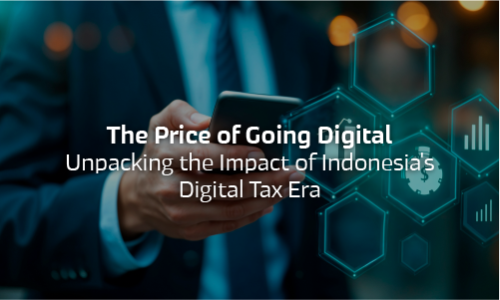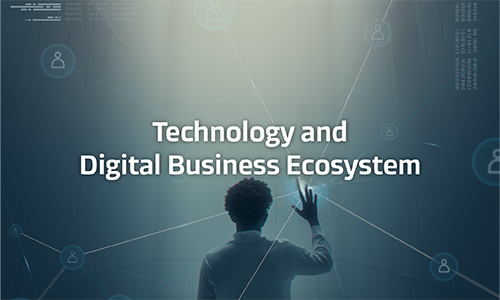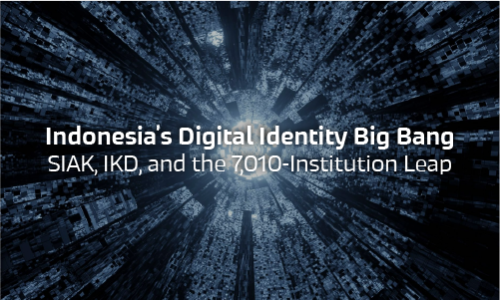
Summary: This study explores the evolution of digital taxation in Indonesia and its multifaceted impact on actors within the digital economy. As digital transactions increasingly dominate consumption and production patterns, the Indonesian government has implemented various tax policies targeting digital services, marketplace activities, and content creation revenues. While intended to broaden the national tax base and promote fiscal justice, these measures have introduced significant challenges for micro, small, and medium enterprises (MSMEs), as well as consumers. Key issues include reduced profit margins, administrative burdens, and limited tax literacy among digital entrepreneurs. Consumers also face higher costs and restricted access to digital services. Drawing on international experiences from the United States, Australia, and the European Union, the article highlights the need for a balanced approach, one that ensures tax equity without stifling innovation or overburdening small-scale players. The paper concludes by emphasizing the importance of simplifying administrative procedures, enhancing public education, and ensuring transparency and accountability in tax revenue utilization to foster greater compliance and public trust.
Introduction: Conceptual Definition and Distinction
Amid the accelerating pace of digital transformation, the Indonesian government has broadened its fiscal policy instruments by introducing taxation on internet-based economic activities. Digital taxation has emerged as a state response to the shift in consumption and production patterns from conventional to digital economies. While the policy aims to expand the national tax base and promote fiscal justice, it is accompanied by various dynamics and challenges, both in terms of implementation and its broader impact on digital economy participants.
Digital taxation refers to levies imposed on income, transactions, or services derived from digital activities, including software subscriptions, streaming services, online marketplaces, and digital content monetization. In contrast, tax digitalization pertains to the modernization of the taxation system through digital technologies, such as e-filing, e-invoicing, and automated processing. Clarifying this distinction is essential to avoid misinterpretation between the policy's substantive scope and its administrative tools.
Digital Tax Policy Framework in Indonesia: Implications for Sellers and Customer
Indonesia’s digital tax regime encompasses several key mechanisms. First, the imposition of a 12% Value Added Tax (VAT) on foreign digital services, such as Zoom, Netflix, Spotify, and WhatsApp Premium, has been in…












